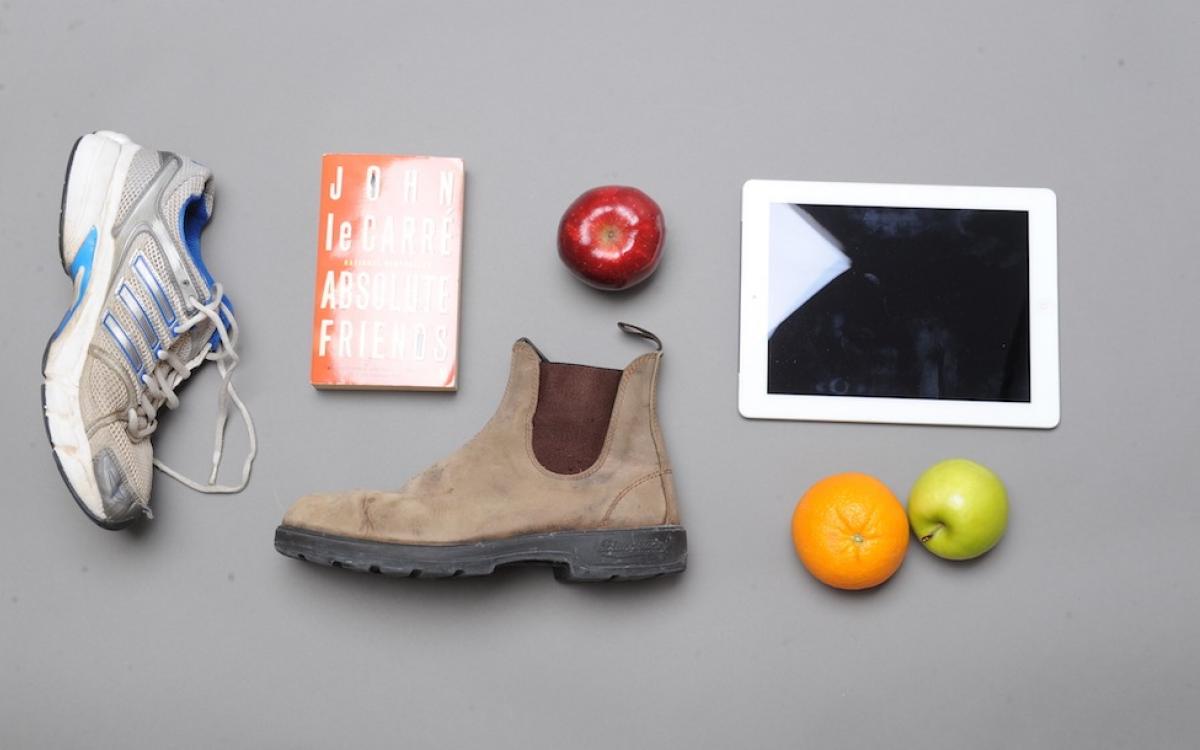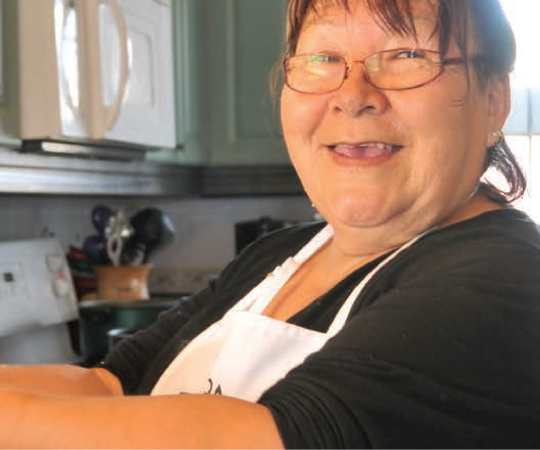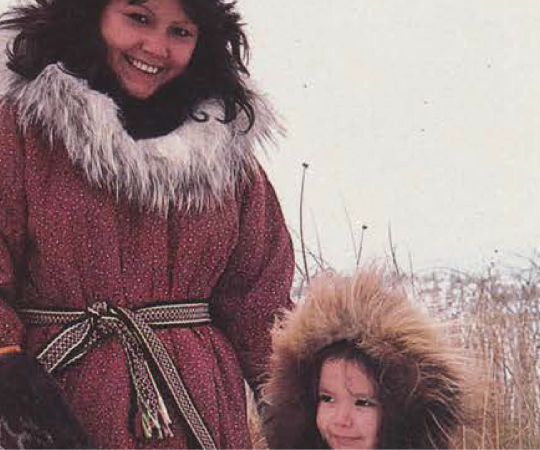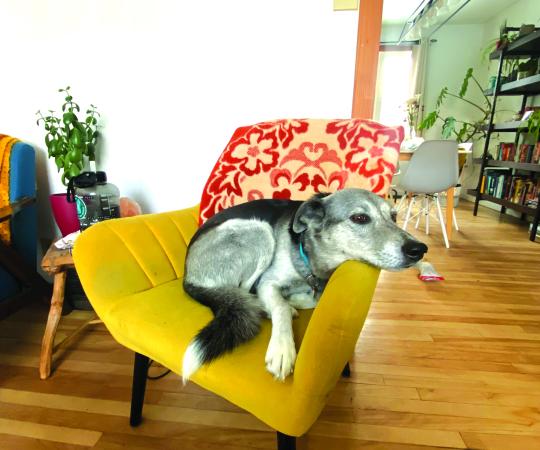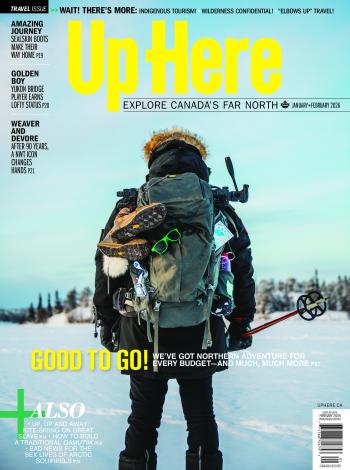Between 14 and 16 times each year—for more than 13 years—Nunavut judge Earl Johnson would hop on a charter flight with a court reporter, a clerk and some interpreters to one of Nunavut’s 25 communities. There, he would preside over territorial or Supreme Court cases in a hotel or community hall. The circuit court system is a legacy of the NWT’s first resident judge J.H. Sissons, whose philosophy was to bring the court to the people.
Johnson first came north to Yellowknife in the 1970s, and worked as a lawyer before he was hired as Nunavut’s third judge in 2002. Back then, the territory had just three judges. Now there are six. “You got a little jet-lagged,” he says, adding he typically worked two circuits per month, and none in the summer. Since retiring in 2015, he has stayed on as a deputy judge and still works roughly 10 weeks each year, including circuits.
“You’ve got to be patient and you’ve got to be able to adapt to the situation,” he says. “If you’re a Type-A personality, you’re not going to survive very well.” Still, it helps to pack a few necessities to bring some predictability to the job.
COOL runners
It’s tough to keep to a routine on the circuit, when a flight is delayed, you have to bunk up with someone at the hotel, or you work through a meal. When Johnson first started, he couldn’t find any workout facilities. To exercise in Cambridge Bay, he’d walk to the airport and back. “A good hour’s walk,” he says. (That’s not good at -40 C.) Today, larger centres have small gyms. Johnson works out after court to burn off stress from a long day and help him get to sleep. “It’s been a really good habit I’ve developed over the years.”
Boots for ANY occasion
Johnson is sure to have the right shoes for the job. After landing in Sanikiluaq, a community of 900 on the Belcher Islands in southern Hudson Bay, for a jury trial in mid-May one year, the front-wheel of his plane—a King Air 200—got stuck in the mud on the melting dirt runway. Court party members filed out and began to push, managing to straighten out the plane. They had to do the same thing when they left. “You do whatever you have to do to keep the circuit moving. That’s the philosophy of the court.”
Apples and oranges
Circuit workers often carry small comfort items with them when they travel, in case these things aren’t available where they’re going. For Johnson, it’s fresh fruit, which he stuffs into his coat pockets or travel bag. Over the years, he has become accustomed to eating an orange first thing in the morning and a couple of apples throughout the day. “Sometimes, you can get to communities and they’re out of everything.”
Library on an iPad
There’s no shortage of downtime. It takes more than two hours to fly from Iqaluit to Resolute. Trips to Kugluktuk require an overnight in Yellowknife. And you never know when, or for how long, you’ll be grounded by inclement weather. Johnson reads about history and past wars—or the odd John le Carré spy thriller—to pass the time. He used to lug around hardcover books. Then it was an e-reader. Now he never leaves home without his iPad. “I have enough loaded up to last me through any blizzards.”

